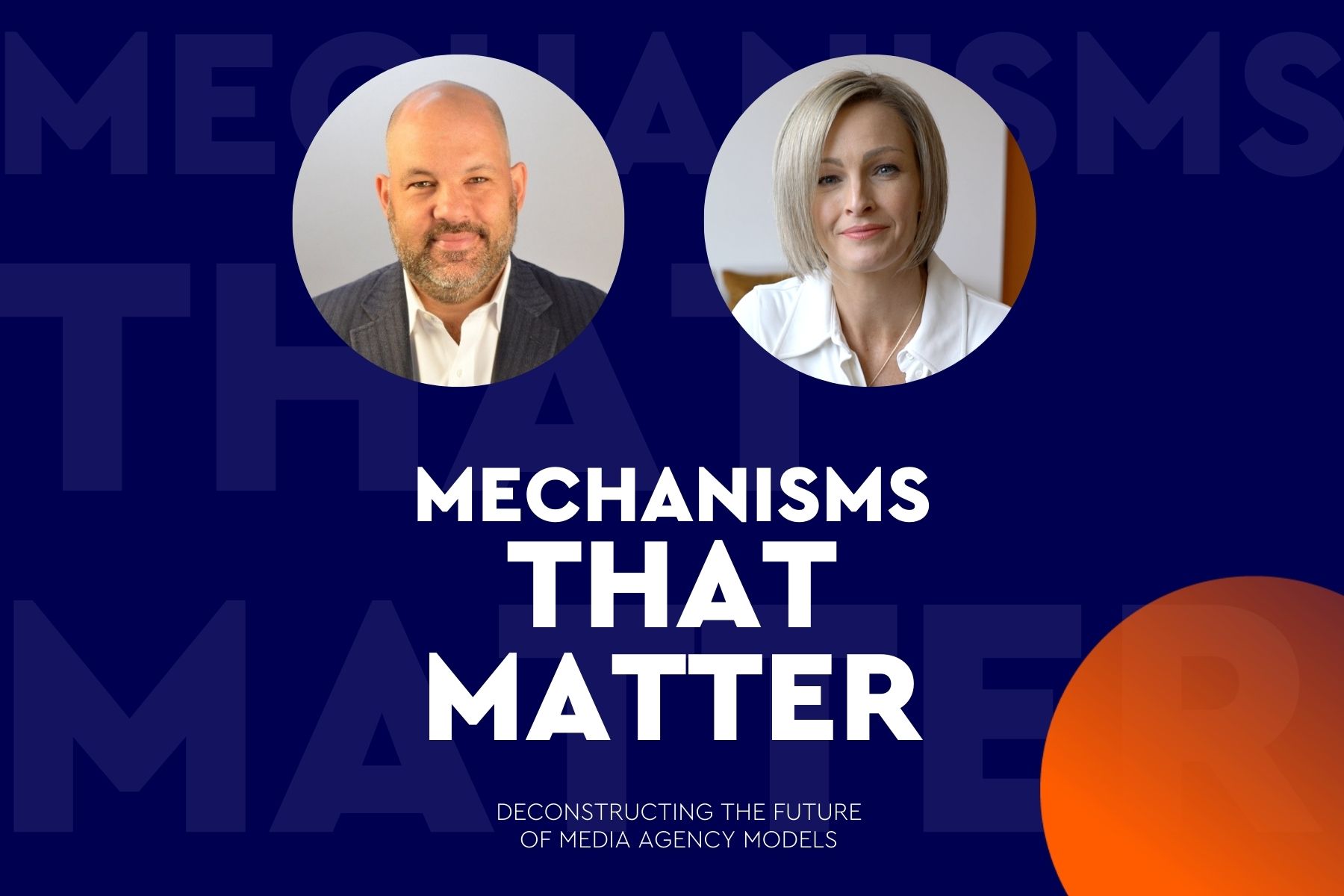
Account-based marketing: a pebble in the pond
Account-based marketing (ABM) should work in the same way as a pebble in a pond; it should create a ripple effect with existing customers at the centre, says Bill Burkart of WPP’s Wunderman Thompson’s B2B practice area
Our B2B clients realise that they grow if they maintain their current clients while also being effective and acquiring new business. “This has caused B2B marketers to lean heavily on ABM which essentially asks: ‘How should I treat my current accounts?’” says Burkart.
He continues: “If you have $1 to spend on marketing, spend it with your customers first. Start there. It doesn't mean you end there because obviously you need new customers, but ABM allows you to build bigger, deeper relationships with your customers. And, of course, the concepts around ABM leverage many of the important principles of smart CRM, which revolve around knowing who you are speaking to.”
Burkart is emphatic that smart B2B marketing radiates out from this ABM core.
Leveraging knowledge
Burkart reminds us that there is never one decision-maker in the B2B client team. “There might be a senior decision-maker, but there will be many influencers and many other people who contribute to a decision,” he says. “One of the first steps in smart ABM is knowing who your client is, who within the client account matters, and what matters to them.”
And leveraging knowledge is vital. “Knowledge acquisition helps us understand what matters to a particular client. What are their pain points as a company? What are they searching for in terms of solutions? What research are they doing to help build their businesses?” he says.
“If I get ABM right, I can extend my efforts from there and begin to acquire new clients. That means using the knowledge around communications and signals I have leveraged for my existing customers to acquire new ones, albeit that the communication techniques for acquiring new clients are different from those for existing customer communications.”
Never underestimate the power of emotion
Wunderman Thompson has undertaken significant research about the importance of emotion in selling business solutions.
“Our clients’ customers are going to decide to do business, not just on the basis of the company’s rational benefits, but also on the basis of how the company makes its customer feel to engage with them. A customer will ask themself: ‘Do I feel as though you'll support me? Do I feel as though you are really listening to me? Do I feel as though you recognise the challenges that I have in this company?” says Burkart.
“For our clients, we recommend that they don't just talk about the rational benefits of their products. They must make their customers feel as though they're going to support them holistically. They're going to be their ally, recognise their pain points and be a kind of partner.”
Business buyers look for pain-point answers
“There's no such thing as a revolution in B2B marketing. Even AI – something that might be thought of as revolutionary – will be an evolution,” says Burkart. “Our clients will evolve their systems, evolve their way of going to market, and evolve their business strategies very carefully to take advantage of the benefits of AI.”
But B2B clients are always thinking about how their marketing messages translate, specifically across verticals. “Many of our clients serve customers from a multitude of different industries. Their messages must translate across these sectors, and we help them translate the benefits of their products and services to make them more relevant to those specific industries,” says Burkart.
“When we think about personalisation for consumers, we think about life cycle, demographics, geography. But when we think about our B2B clients’ businesses, we think about industries and the pain points for our clients’ customers.”
Trust is a huge deal
“If I say to my client: ‘Trust me’, that doesn’t amount to much. But if I say: ‘Other companies trust me’, the evidence of trustworthiness through third-party rankings and ratings become very important in B2B marketing – along with testimonials from other customers,” says Burkart.
And so this concept of building trust through third-parties and customer stories is especially important in B2B marketing.
But trust does not only dwell in the relationship between the seller and buyer of products and services; it ripples out across all parts of the business ecosystem. It is highly prized, especially in ABM.
That is why it is so important – “mission critical”, as Burkart puts it – to get ABM right. It sits at the heart of B2B marketing and influences so much of the way in which all B2B marketing is conducted.
See The Secret of Successful ABM, by Bill Burkart and Astrid Ascar, for further reading.
published on
15 June 2023
Category
More in Communications

Mechanisms that Matter – What it takes to lead an agency team for the world’s biggest brands
Top of the list: A ‘rabid curiosity’ about the new and an understanding of every role in the mix

Rebranding cancer: how brands heal and hurt
Along with consumer brands, the ‘brand’ of condition or event influences us.

Mechanisms that Matter – Inside WPP | Ford’s revolutionary marketing model
How a process created on the factory floor over 70 years ago has transformed ops for the auto giant

